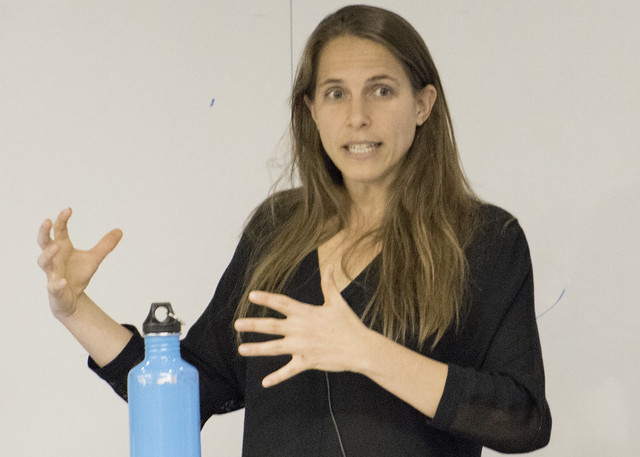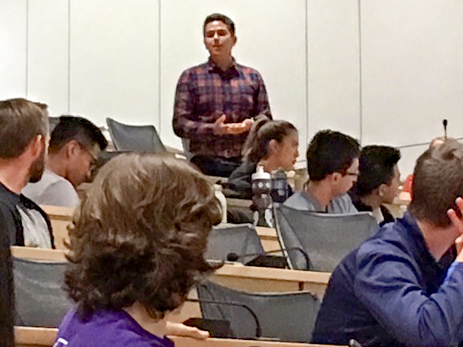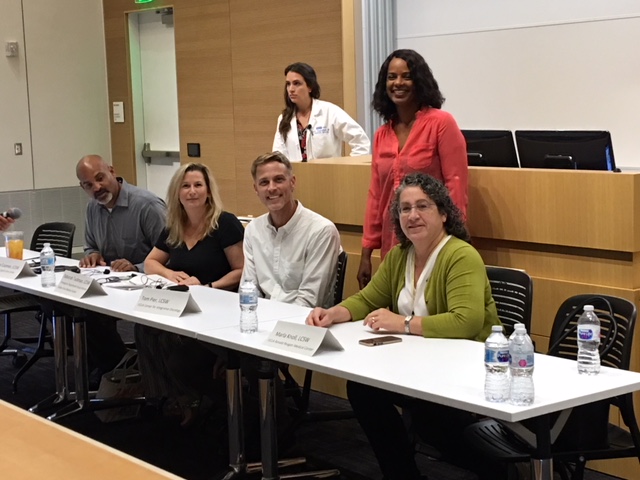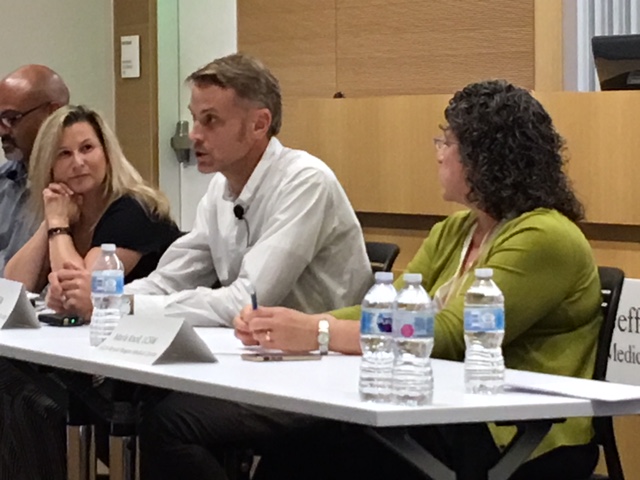Cohen on the Perils of Overmedication
“Medicating Normal,” a new documentary about the widespread use and resulting harms of anti-depressants, anti-anxiety medications, ADHD drugs and mood stabilizers, highlights research by Social Welfare Professor David Cohen, an authority on the benefits and risks of psychoactive drugs. The film notes that one in five Americans take these psychiatric medications daily but many are unaware of their potentially debilitating side effects. In the documentary and in online resources published by the filmmakers, Cohen weighs in on misconceptions about mental illness as brain damage; the challenges psychiatric patients face in providing fully informed consent; and the severe symptoms associated with withdrawal from benzodiazepines such as Xanax. He also spoke about the intense pressure on parents to medicalize their children’s problems, a break from previous generations. “You didn’t go to the doctor before if your kid misbehaved. You went to your sister-in-law or you went to your clergyman or you went to the Reader’s Digest,” Cohen said. “It’s hard right now in the contemporary world, in the 21st century, it’s hard for a parent to know, what should I do with my kid? … You get 20 different views on the internet, you are surrounded by opinions, and you’re supposed to do the right thing, the perfect thing.” Swayed by peer pressure, drug marketing and fear of making the wrong choice, many parents conclude that their children have a disorder and turn to medication, he said. “Medicating Normal,” which argues that profit-driven drug companies are concealing the harms caused by their products, was recently screened at the Santa Barbara International Film Festival.







